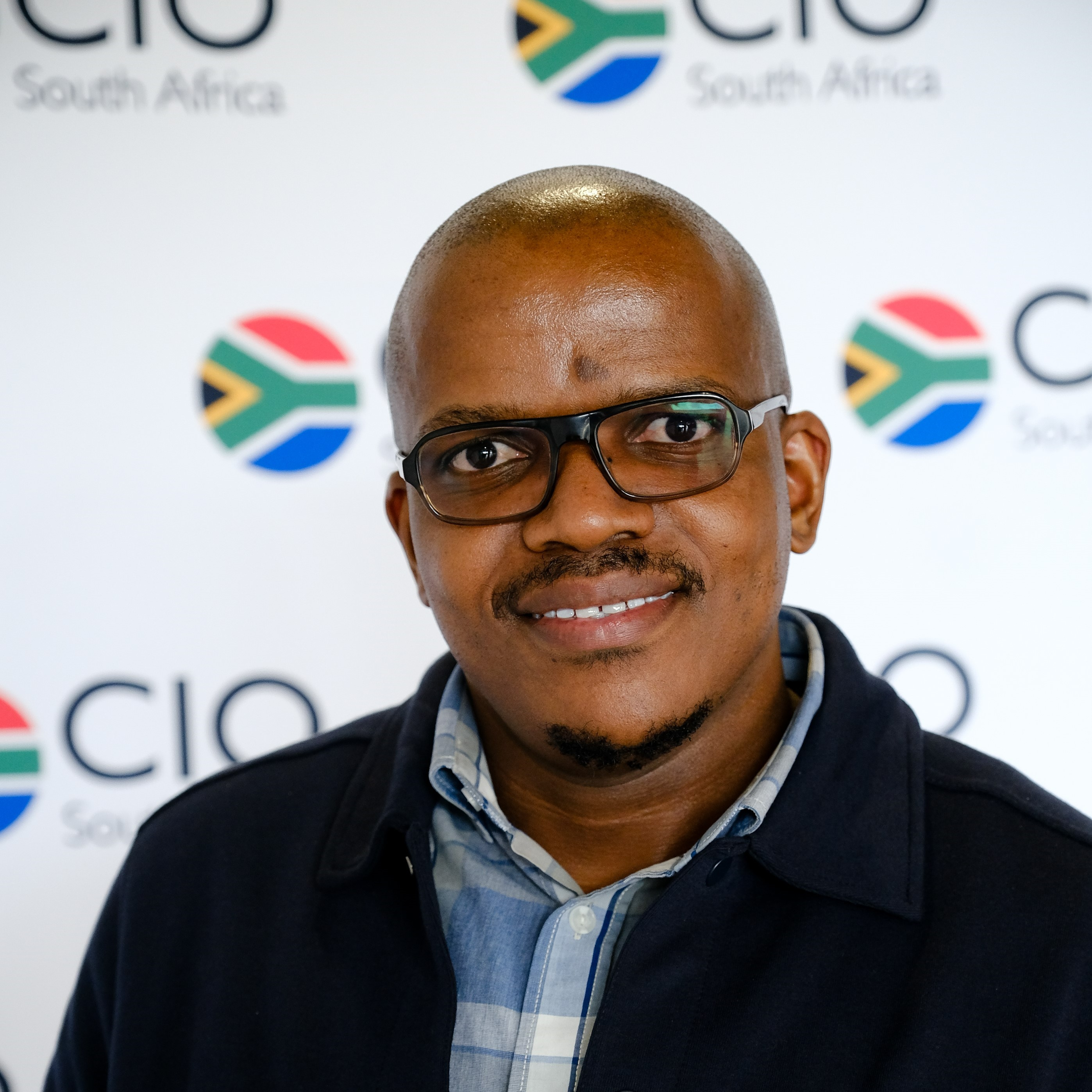IT executives discover that addressing the skills conundrum requires upskilling and mentorship, so relying on a CV alone is a missed opportunity to uncover the real MVPs, the most talented people.
On 13 March, the CIO South Africa community reconnected with the Mother City’s most sought-after IT minds through exciting and engaging dialogues at the CIO South Africa Skills Summit.
This special gathering was held at the 180 Lounger, which undoubtedly has the best and most uninterrupted views of the city.
An event that wouldn't have been possible without the support of CIO South Africa’s trusted principal partners, Entelect, Makwa IT, Liquid Intelligent Technologies South Africa, iOCO, and executive partner, BCX.

In a change of pace, CHRO South Africa community manager Sungula Nkabinde kicked off the evening by tackling the skills crunch through the Skills Think Tank.
Attendees were split into groups to discuss what skills CIOs are tackling or looking for and new methodologies.
During one of those discussions, Pick n Pay’s Mark Tudor said, “Our current landscape isn’t our future landscape, we have good teams focused on the current landscape, but not the future landscape.”

“For me two things come to mind: the current chase for certifications, which creates the challenge of a lack of depth of skills. It's a fine balance because you also want to encourage the course training,” added Makwa IT’s newly-appointed CEO, Christopher Kistasamy.
“We live in a rapidly changing industry but don’t encourage leaders to embrace it. We also have to get the right skills in the market and end up training the people who are certified, but not the people who are employable. That’s the paradox – we need to get volumes of employable people!” said Absa group CITO Johnson Idesoh.

Call for the generalists
Pandelani Munyai Transnet’s group CIO, highlighted comments from his group discussion, when he noted, “Our group felt that there are no skills shortages in the country and it is because tertiary institutions play a huge part in this: we do have skills and the adequate institutions but the issue is how we as leaders manage and make the space interesting and challenging. We need to integrate the youngsters in the business. However, we end up asking them to get to work without allowing them to understand the actual business processes.”

Deloitte's Antionette Wagner had an interesting take on the topic. She believed in the upskilling of managers and highlighted accountability as the main challenge across and balancing the development plan, where leaders sometimes upskill their resources with a focus on culture.
“As we focus on IT skills there needs to be some accountability around not limiting their skills to just one area, but nurturing more skills,” she said.
The real MVPs
Pieter de Villiers, founding CEO of Clickatell and board member of The Collective X was the keynote speaker for the evening. He referred to the CIOs in attendance as having ascended to the ranks of the real MVPs (most valuable players) in companies over the years, and noted that the CIO South Africa community has also positioned itself as an essential part of SA Inc.

“We tick the box on intake but not sustainability,” was Pieter’s powerful remark at the start of his keynote address.
Pieter regularly engages with Setas, who pay grants to employers for skills development, and he believes that CIOs have a strong role to play in directing those funds to digital skills.
“I can tell you that digital skills are a R400 billion GDP opportunity but those skills can’t be unlocked by osmosis. It’s your collective right as IT leaders to set demand for where skills funding in the country goes, and you are the guys that keep me up at night as CIOs, your skills are critical and are what the country needs,” he said.

A global conundrum
The panel discussion saw Absa group CITO Johnson Idesoh, UWC ICT director Raymond Crown, Alula Technologies group CIO Yunus Scheepers, and Liquid Intelligent Technologies South Africa client executive Eddie Dryden take to the stage to discuss.
Raymond said, Our main challenge is keeping the people up to pace with the new technology that enters the market, so we try to expand their competency base. Therefore, it's not about the salary for us, but rather about the package we offer."
Johnson added, "I can’t say I’ve visited any country in the world that’s ever had enough skills – it's not a South African problem – but rather a global problem, which means we need to shift our mindset and adopt a network approach as a means to solve it.”

Yunus explained that some self-reflection is crucial.
“I’m a massive fan of mentorship because the value of mentorship doesn’t solely lie in the guidance I provide because I learn from my mentees as much as they learn from me,” he noted. “I don’t like the term soft skills because in reality these are the tough skills, and you can only get these tough skills from mentorship and not training.”

Call it talent, not skills
Entelect GM Tomislav Ravic shared Yunus’ sentiments and added that attention should be focused on the less spoken about, but crucial, soft skills.
“Why are you doing internships instead of hiring them from the onset,” Tomislav asked. “A lot of organisations spend a lot of time looking for skills rather than the problem solvers – the adaptables, and call it talent, not skills.”
“Collaboration, engagement, and a system of ecosystems,” those were iOCO’s chief commercial officer Ziaad Suleman’s closing remarks for the evening and parting advice for attendees.





